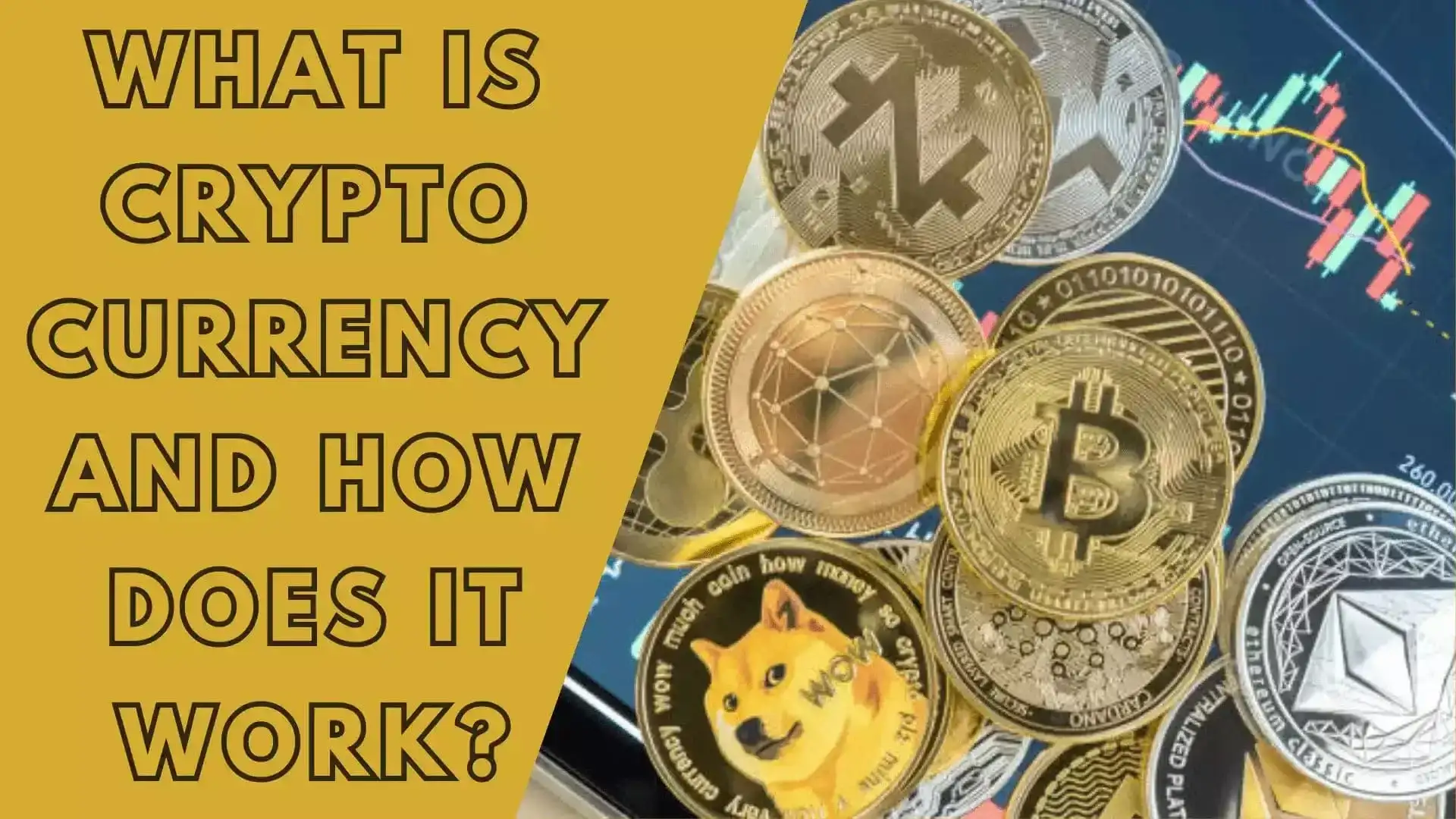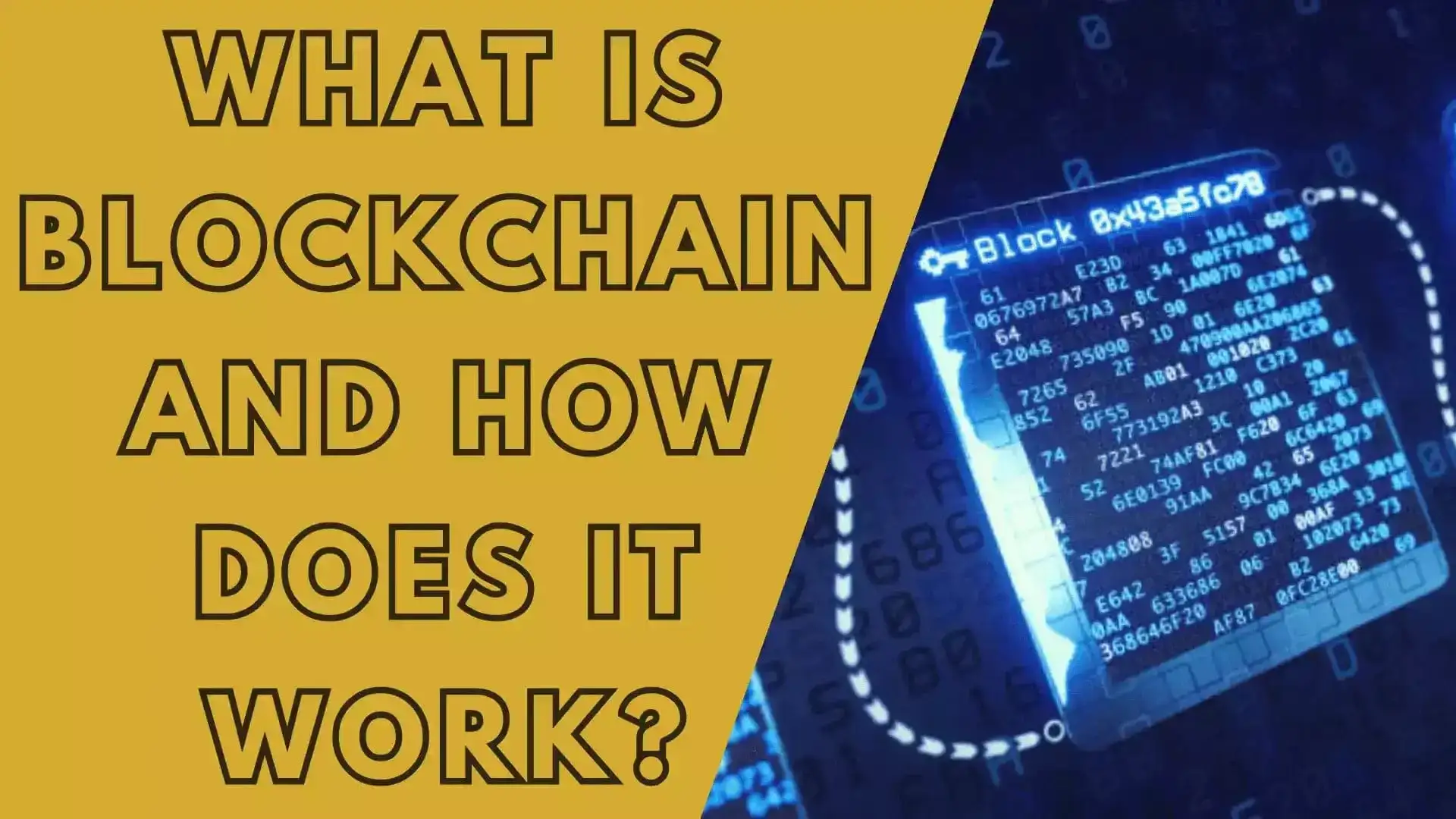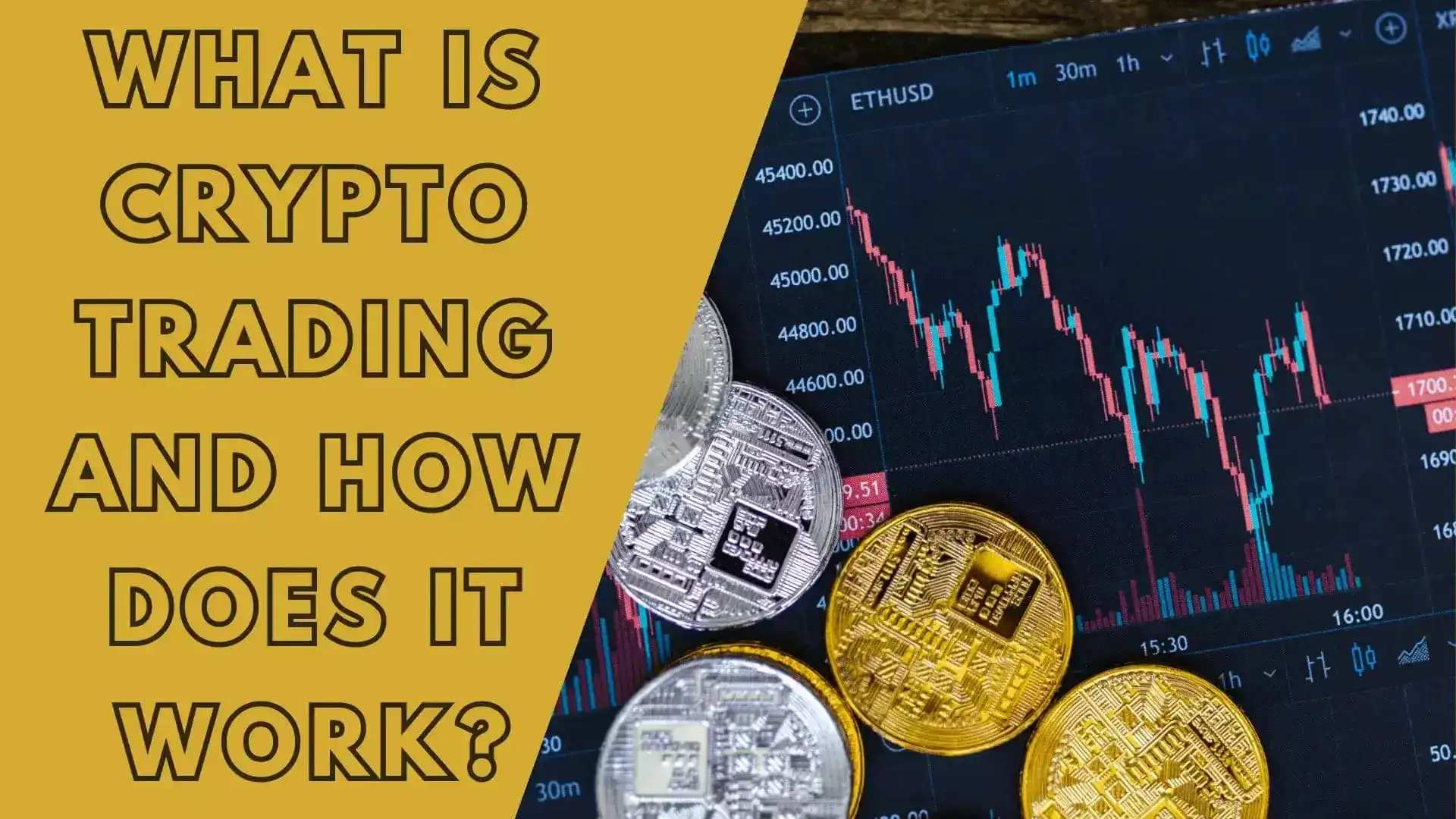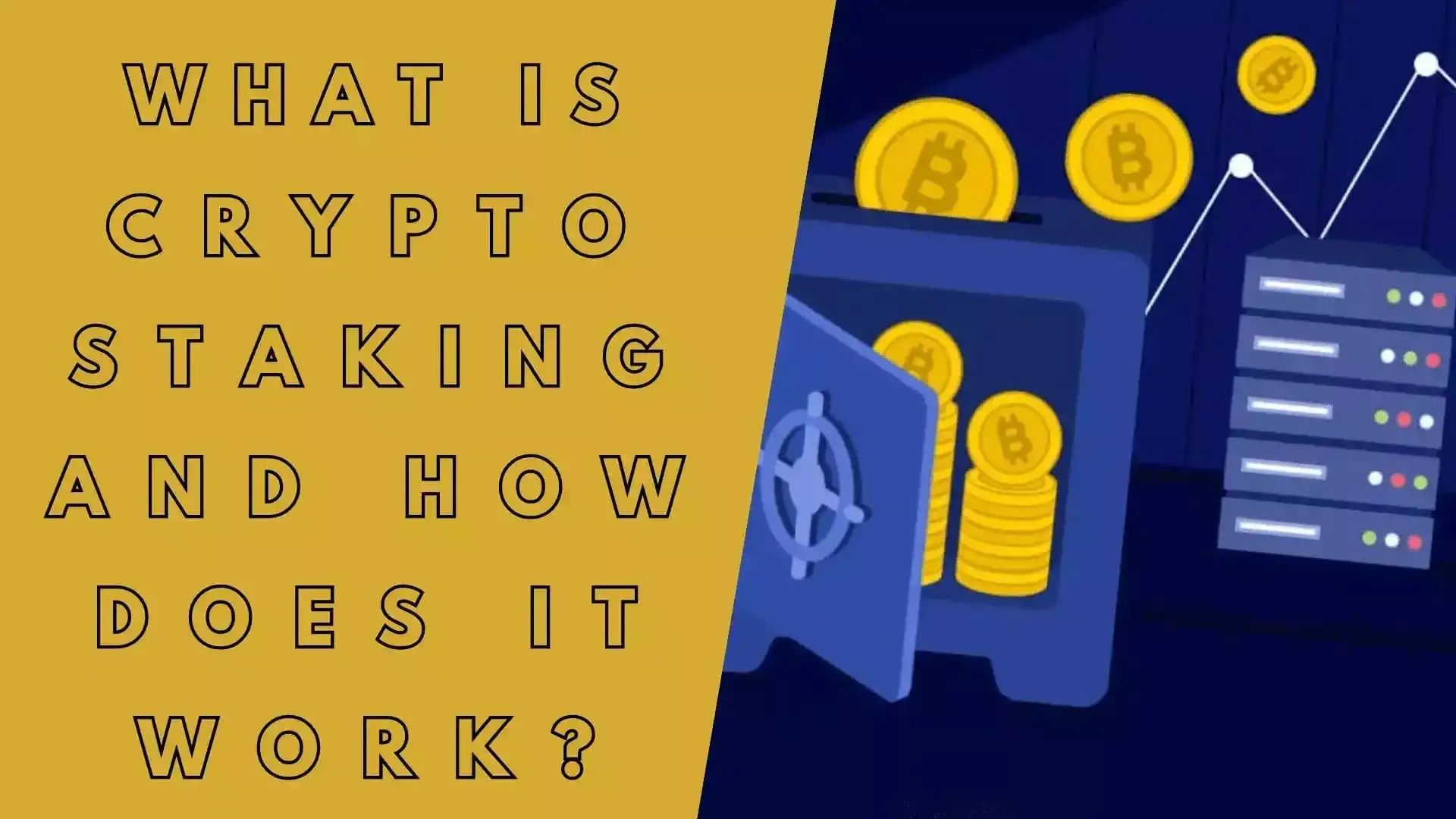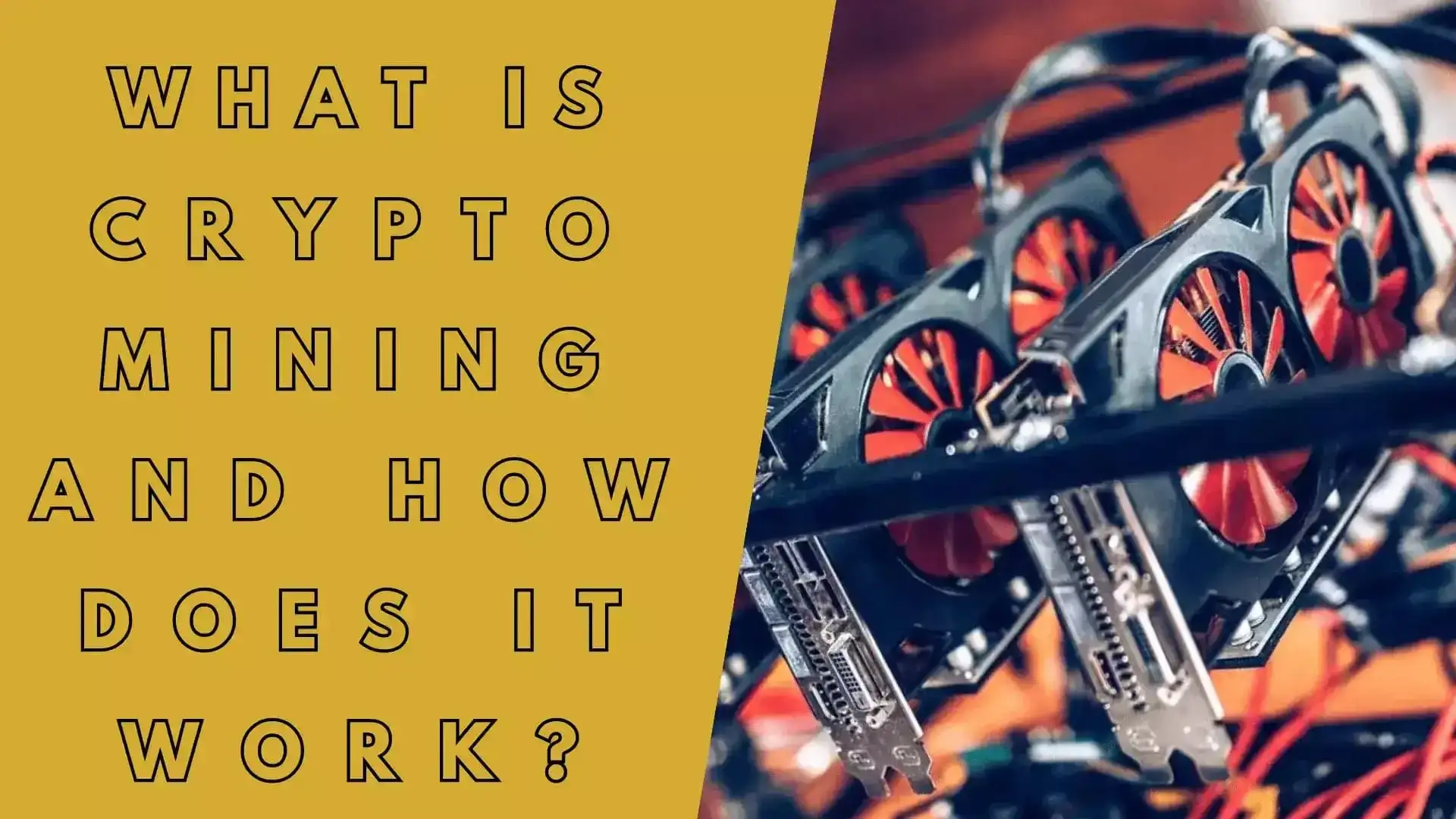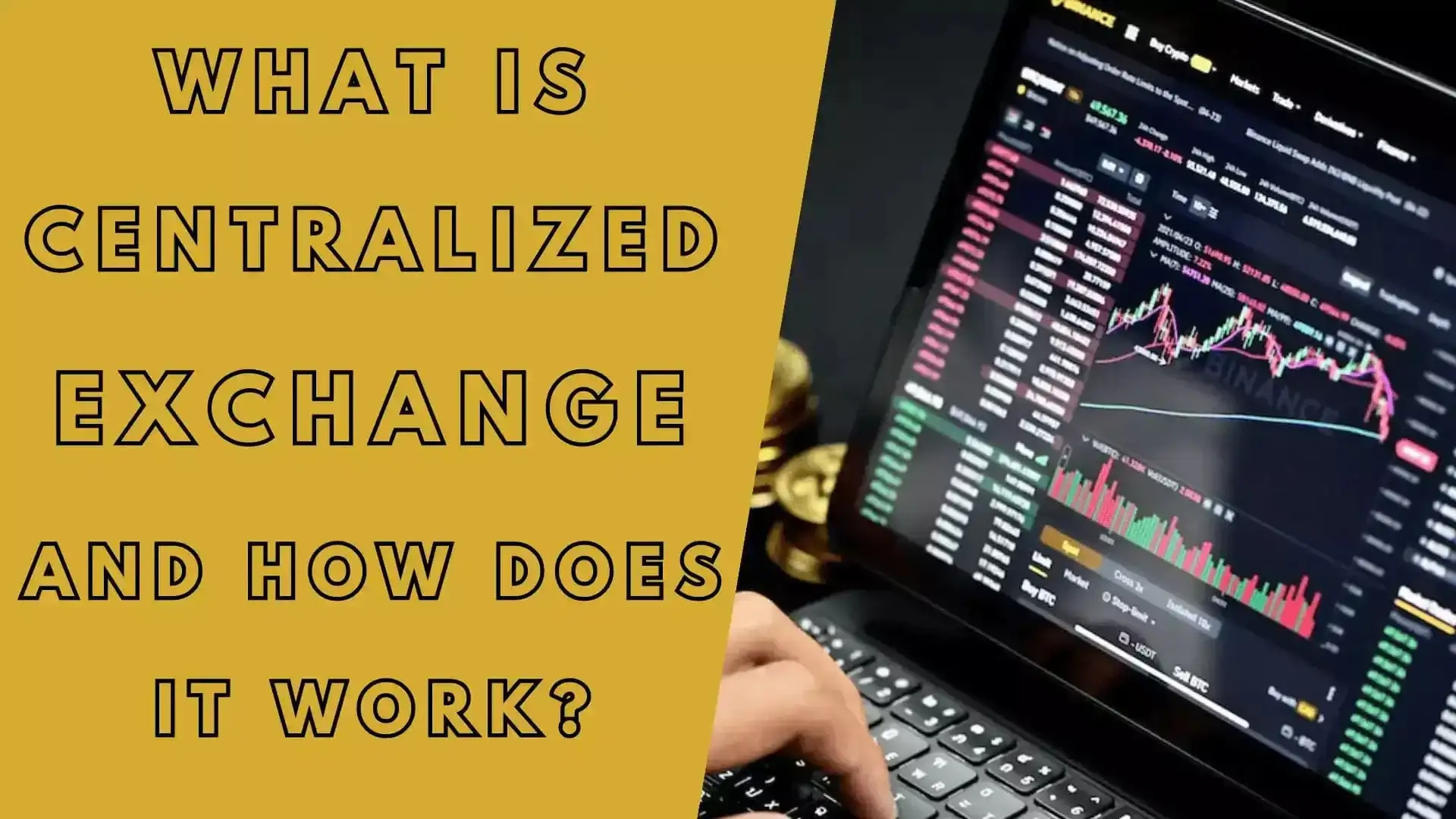What Is Decentralized Finance (DeFi) ?
Decentralized Finance (DeFi) is a revolutionary concept that aims to transform traditional finance systems by removing intermediaries and central authorities, and instead, utilizing blockchain technology and smart contracts. DeFi aims to provide open, transparent, and permissionless financial services to anyone with an internet connection. In traditional finance, financial activities such as lending, borrowing, trading, and investing heavily rely on centralized intermediaries like banks, brokers, and clearinghouses. These intermediaries add complexity, cost, and often introduce limitations and barriers to entry. DeFi aims to address these issues by directly connecting individuals or entities through decentralized applications (dapps) built on blockchain networks like Ethereum.
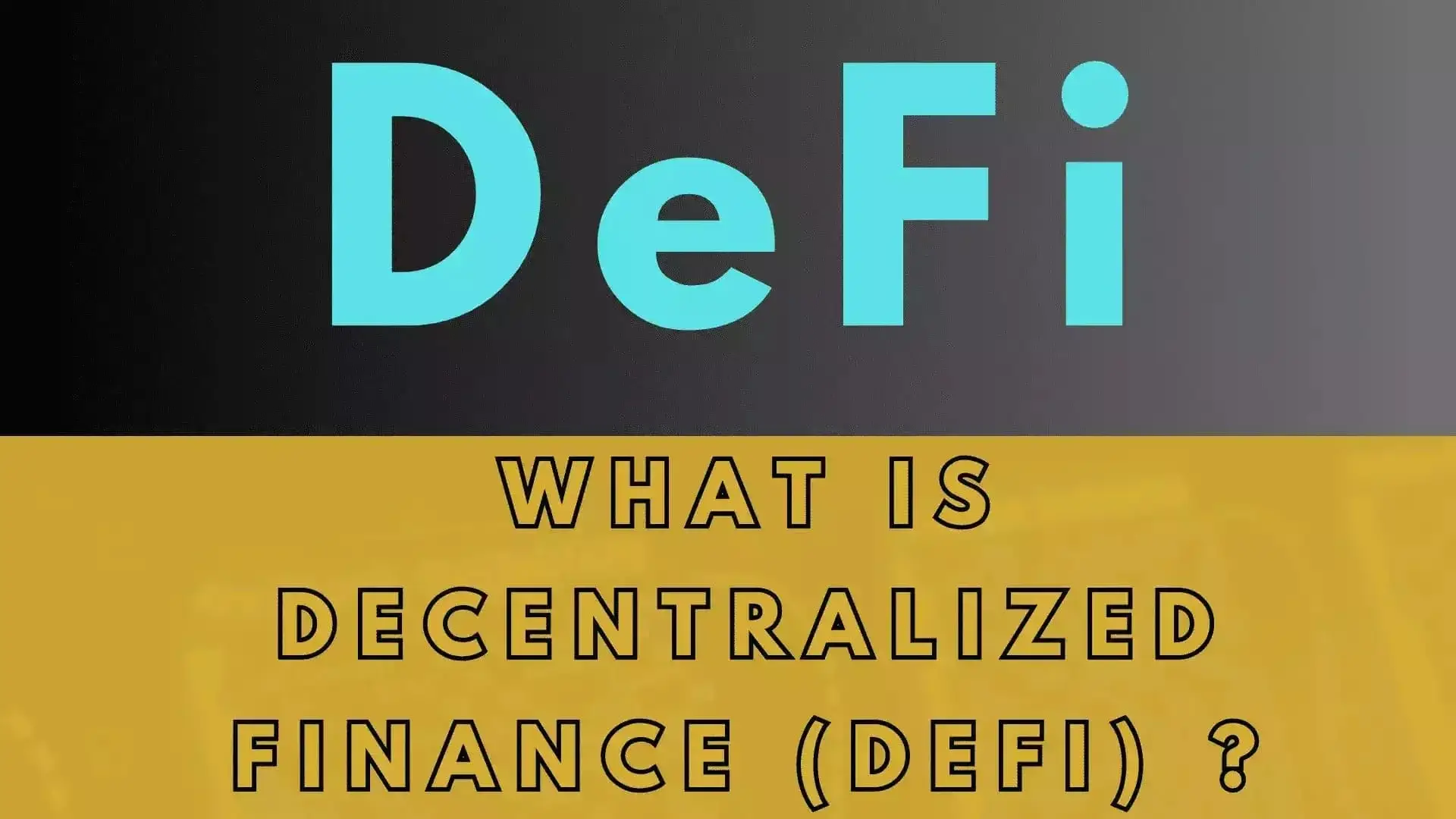
Posted on 9 Sep 2023
Here are some key aspects and features of DeFi:
- Openness and Transparency: DeFi applications are open-source, meaning the code is public and auditable by anyone. This allows users to understand and verify the underlying processes and ensures transparency.
- Permissionless Access: DeFi applications are accessible to anyone with an internet connection, regardless of their location, income level, or identity. Users don't need to go through traditional financial intermediaries to access DeFi services.
- Blockchain Technology: DeFi relies on blockchain networks (primarily Ethereum) to facilitate and record financial transactions. Blockchain provides immutability, security, and decentralization, ensuring that transactions are trustless and tamper-proof.
- Smart Contracts: DeFi utilizes smart contracts, which are self-executing contracts with predefined rules and conditions. Smart contracts on the blockchain automatically enforce agreements between parties without the need for intermediaries. They enable automation and eliminate the need for trust between parties.
- Lending and Borrowing: DeFi platforms allow individuals to lend or borrow digital assets without traditional intermediaries. These platforms often use overcollateralization or algorithmic mechanisms to determine loan terms and interest rates.
- Decentralized Exchanges (DEX): DeFi offers decentralized exchanges that enable peer-to-peer trading of digital assets. These exchanges eliminate the need for intermediaries and offer greater autonomy and control over assets.
- Stablecoins: DeFi has introduced stablecoins, which are cryptocurrencies pegged to stable assets like fiat currencies or commodities. Stablecoins aim to mitigate the high volatility often associated with cryptocurrencies.
- Yield Farming: Yield farming is a DeFi concept where users provide liquidity to decentralized protocols in exchange for rewards. Users can earn interest or other tokens by lending, staking, or providing liquidity to DeFi platforms.
- Governance: DeFi protocols often have decentralized governance models, enabling users to have a say in decision-making processes. Holders of specific tokens can vote on proposals or participate in protocol development and upgrades.
DeFi has gained significant attention and adoption in recent years, providing new opportunities for financial inclusion, innovation, and disintermediation. However, it is important to note that DeFi is still a relatively new and rapidly evolving space, with ongoing debates around security, scalability, and regulation.
